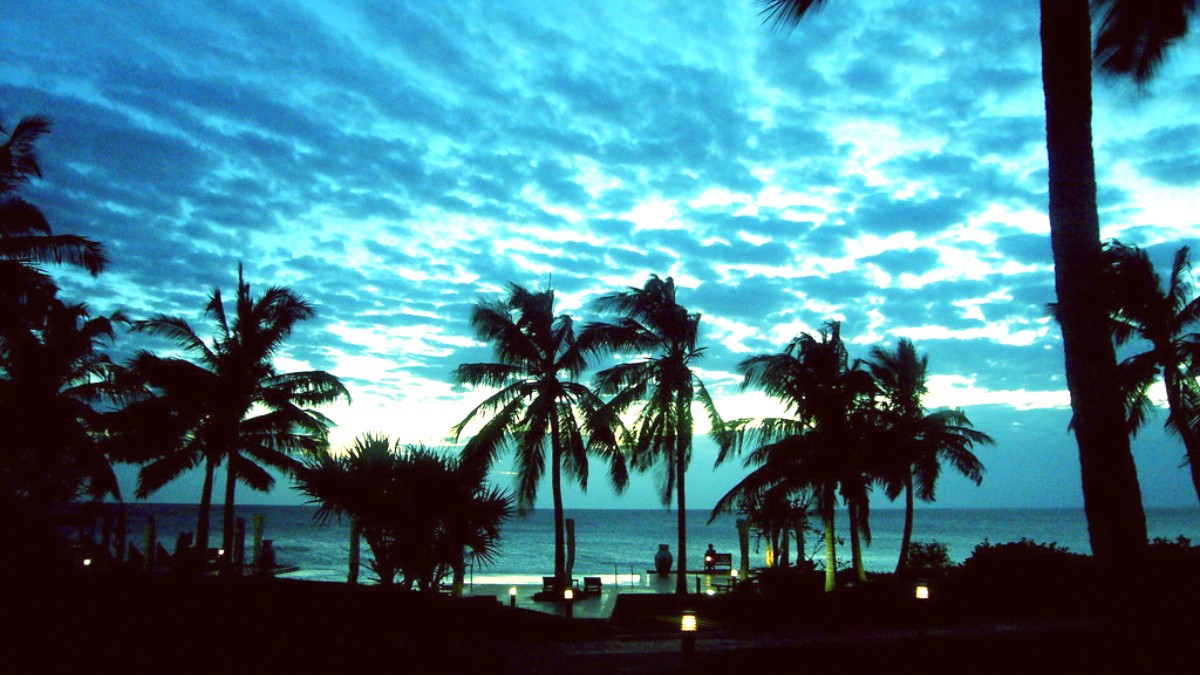
Mozambique
Bazaruto Archipelago National Park (BANP), Mozambique’s first marine park, protects coral reefs, extensive seagrass beds, and mangrove forests.
African Parks manages BANP, focusing on marine conservation, anti-poaching, and community development. This ensures ecological integrity and local benefit.
As a visitor, minimizing your own waste is important, especially single-use plastics. Use reusable water bottles and dispose responsibly.
Adopt eco-friendly habits to protect this pristine environment.
Luxury lodges often implement their own responsible waste management systems. This includes minimizing waste generation, sorting recyclables, and transporting non-recyclable waste to the mainland.
Freshwater is a precious and limited resource on the islands. Visitors a mindful approach to water usage during their stay.
Consider offsetting the carbon emissions from your flights to and from Mozambique. Many reputable carbon offset programs exist that invest in projects reducing greenhouse gas emissions.
Many luxury lodges in the Bazaruto Archipelago strive for eco-friendly practices. Look for properties and operators that demonstrate a commitment to sustainability.
Your visit contributes to the preservation of this incredible ecosystem. Explore carbon offset programs and find eco-friendly lodging and gear. Consider sustainable outdoor gear from Patagonia and reusable products from Package Free Shop.
Support local communities through responsible tourism that respects their traditions and way of life. Learn about the local culture and history, and engage with genuine interest.
Be mindful of noise levels, especially in quiet areas or residential communities. If bargaining in markets, do so politely and with a smile.
Always ask permission before photographing individuals. Avoid intrusive photography that exploits or disrespects local people. Be especially sensitive in private or religious settings.
While there are no major religious sites for tourists on the islands, if you visit any in Vilanculos or elsewhere, dress modestly and behave respectfully. Remove your shoes before entering certain places of worship.
Your economic choices contribute to the well-being of the destination and its people. Support ethical practices.
Some lodges and tour operators work with local communities, offering employment and supporting projects.
Purchase local crafts directly from artisans to ensure income benefits the community.
Dine at local restaurants, hire local guides, and purchase goods from local vendors.
Your choices benefit local economies and promote cultural understanding. Support ethical practices.
Your visit can benefit the local economy and communities.
Some lodges and tour operators actively work with local communities. They offer employment opportunities, source local produce, and support community projects.
When purchasing souvenirs, buy local crafts and products directly from artisans or from reputable shops in Vilanculos. This ensures income directly benefits the community.
Dine at local restaurants and cafes in Vilanculos to support small businesses. Hire local guides for excursions; their knowledge and services contribute directly to the local economy.
Be aware of potential exploitation. Do not engage in activities that harm the environment or local communities, like illegal fishing or purchasing prohibited wildlife products.
If you wish to make a charitable contribution, do so through established and reputable community projects or Non-Governmental Organizations (NGOs) that have a proven record of positive impact.
Donate through established community projects or NGOs.
This ensures your donation reaches those who need it most and avoids unintended negative consequences.
Your lodge may advise on legitimate local initiatives.
Avoid practices that exploit or harm local communities or the environment. Direct giving to children can foster dependency; support established community projects instead.
Your economic choices contribute to the well-being of the destination and its people.